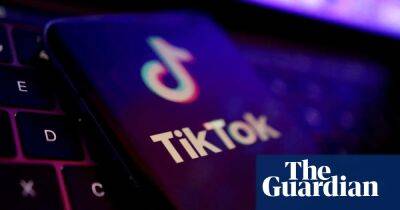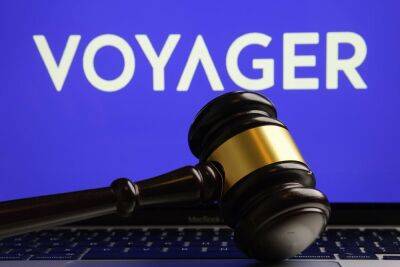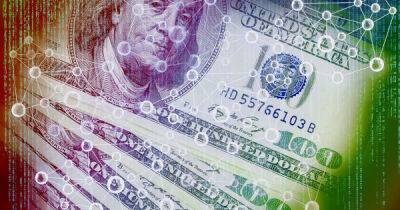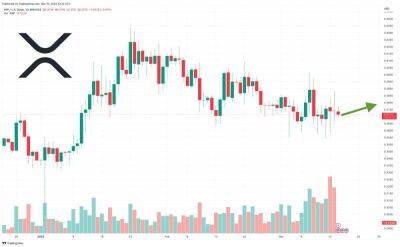Is the US government ready for the rise of artificial intelligence?
We’re at a Frankenstein moment.
An artificial intelligence boom is taking over Silicon Valley, with hi-tech firms racing to develop everything from self-driving cars to chatbots capable of writing poetry.
Yet AI could also spread conspiracy theories and lies even more quickly than the internet already does – fueling political polarization, hate, violence and mental illness in young people. It could undermine national security with deepfakes.
In recent weeks, members of Congress have sounded the alarm over the dangers of AI but no bill has been proposed to protect individuals or stop the development of AI’s most threatening aspects.
Most lawmakers don’t even know what AI is, according to Representative Jay Obernolte, the only member of Congress with a master’s degree in artificial intelligence.
What to do?
Many tech executives claim they can simultaneously look out for their company’s interests and for society’s. Rubbish. Why should we assume that their profit motives align perfectly with the public’s needs?
Sam Altman – the CEO of OpenAI, the company responsible for some of the most mind-blowing recent advances in AI – believes no company, including his, should be trusted to solve these problems. The boundaries of AI should be decided, he says, not by “Microsoft or OpenAI, but society, governments, something like that”.
But does anyone trust the government to do this? If not, how can “society” manage it? Where can we look for a model of how to protect ourselves from the downsides of an emerging technology with such extraordinary upsides, without stifling it?
One place to look is Herbert Hoover. Seriously. Not when Hoover was president and notoriously failed to do anything about the Great Depression, but when he was US secretary
Read more on theguardian.com
















